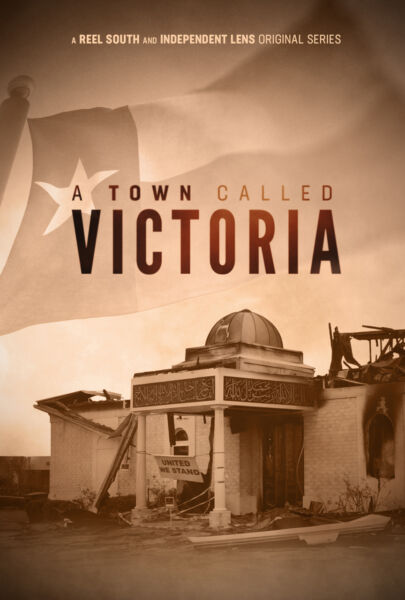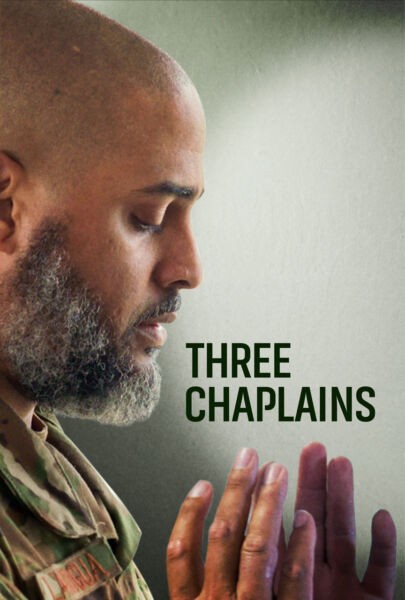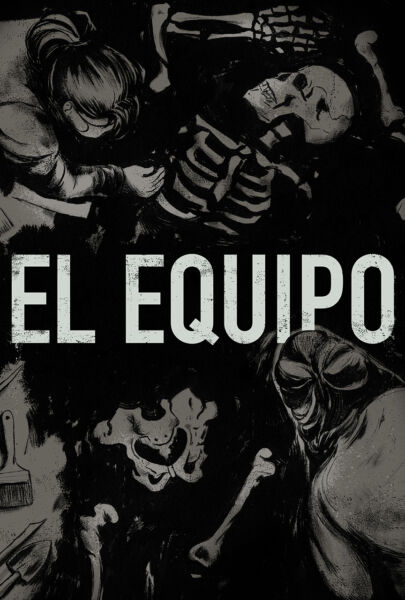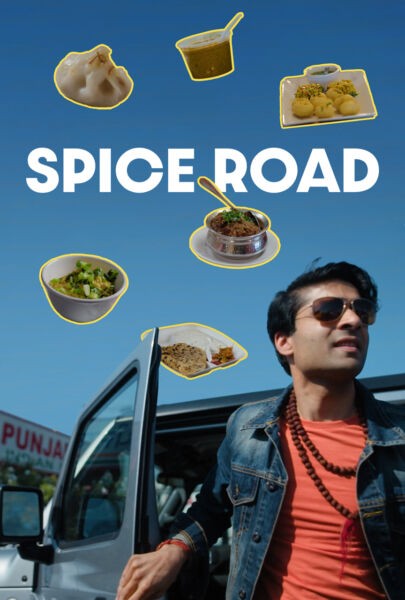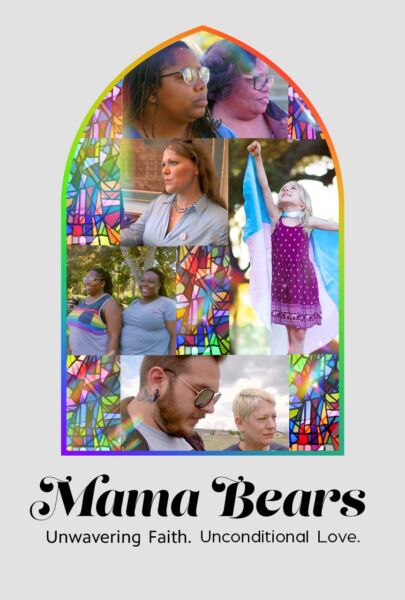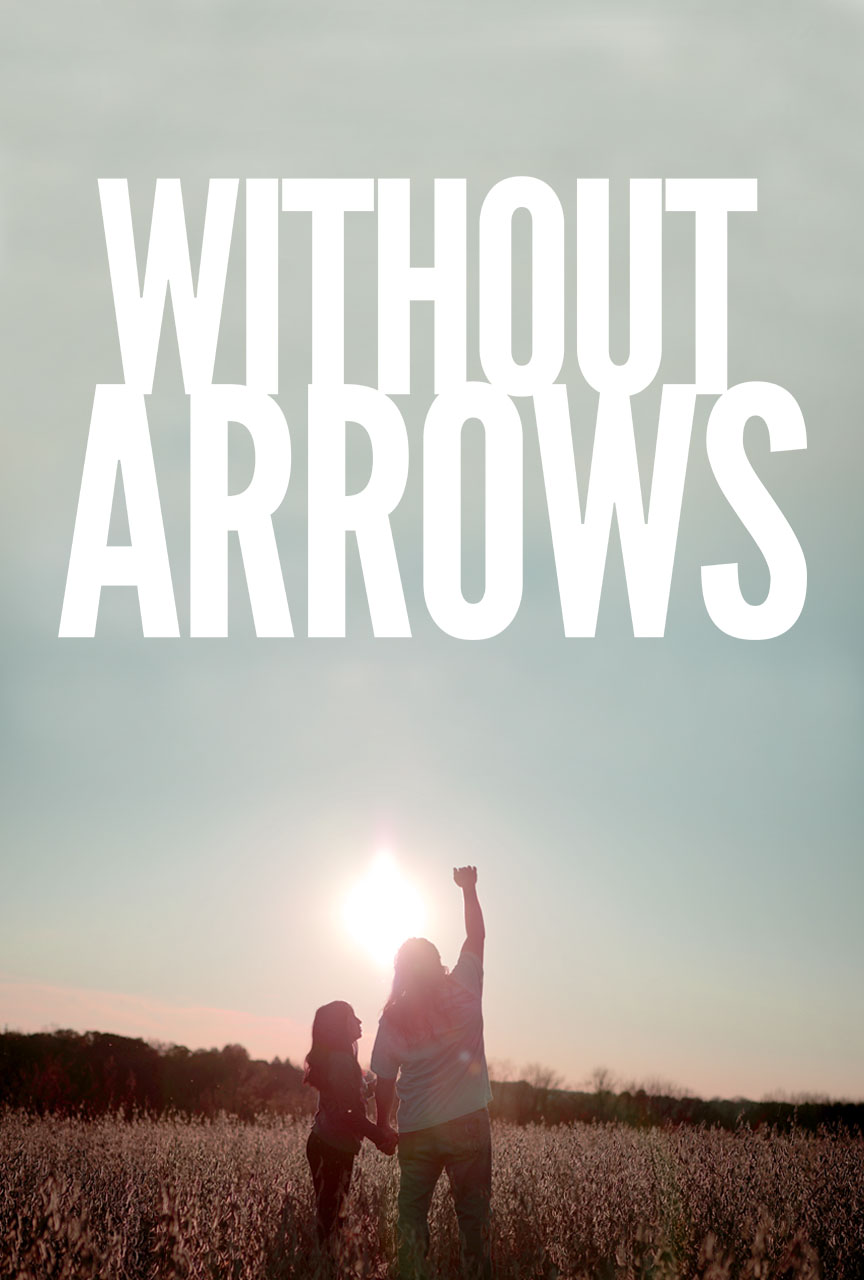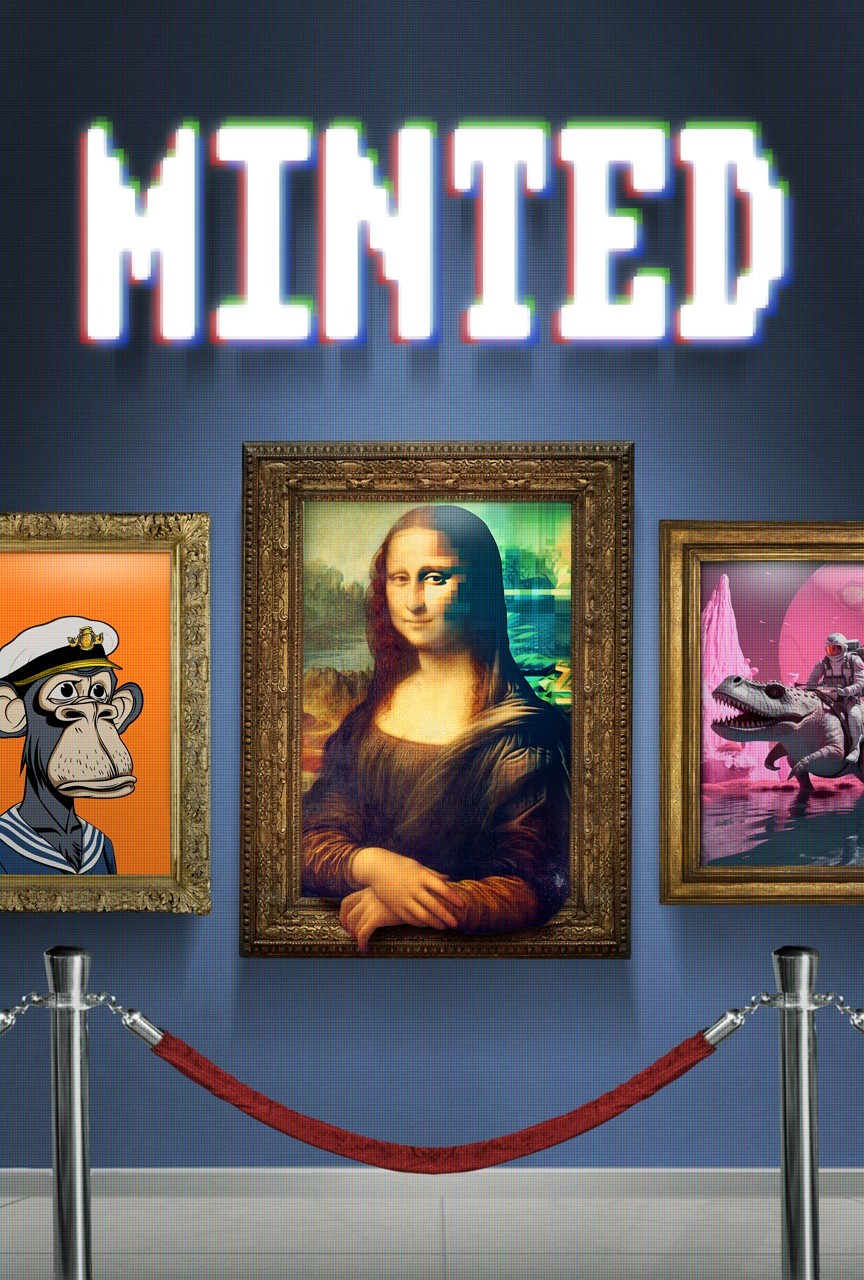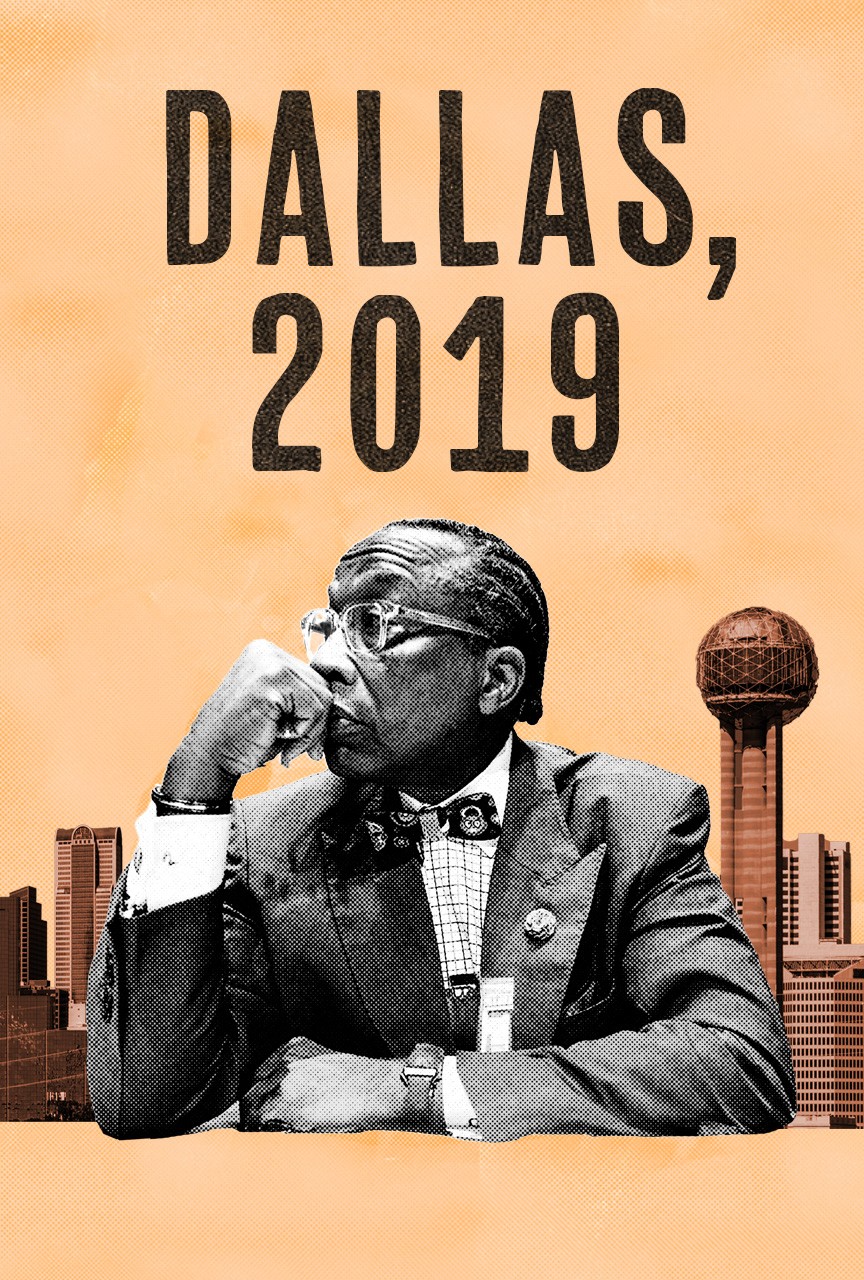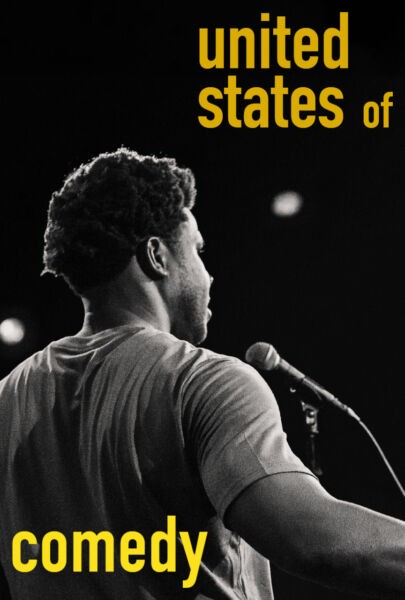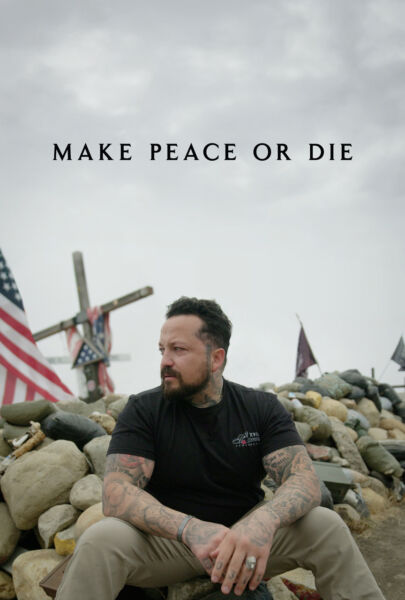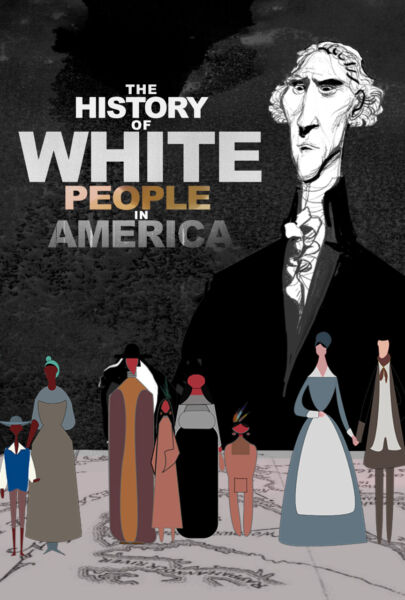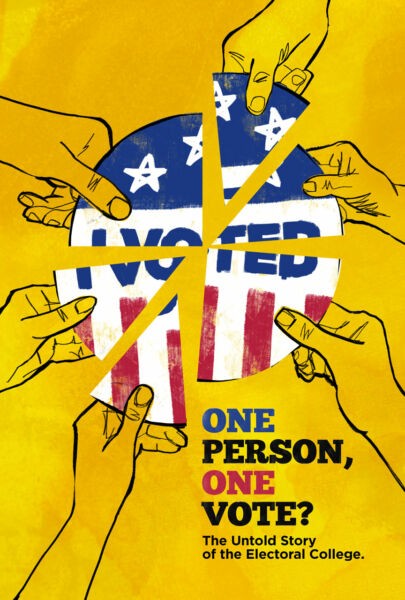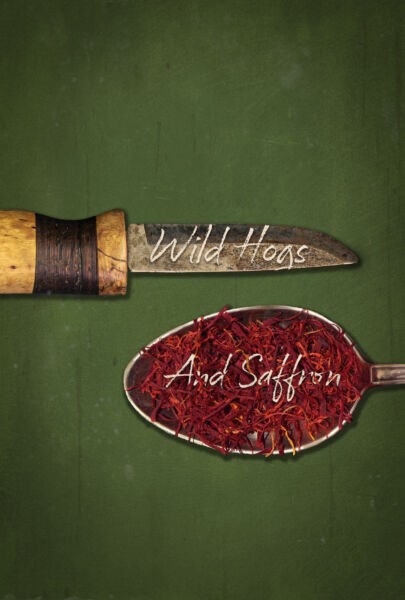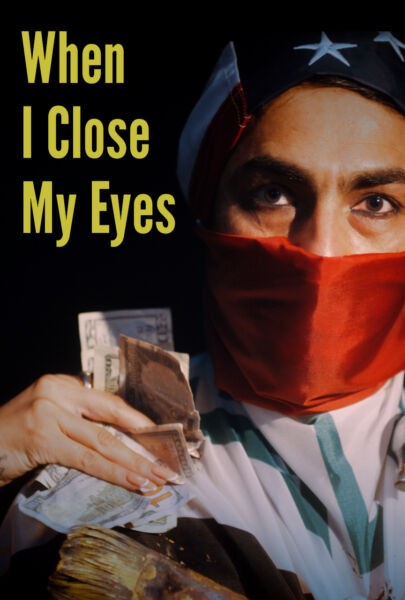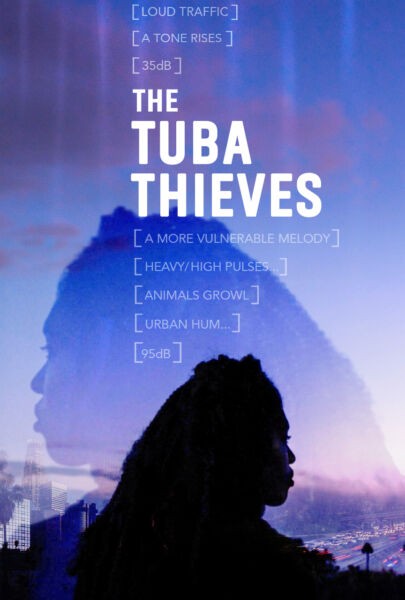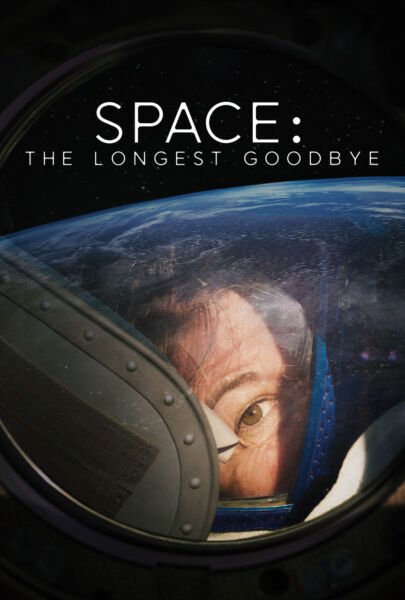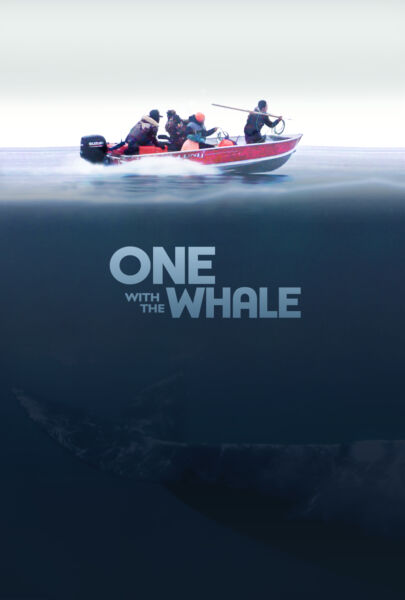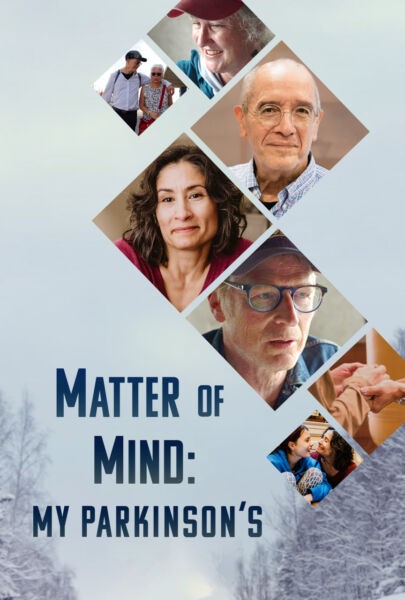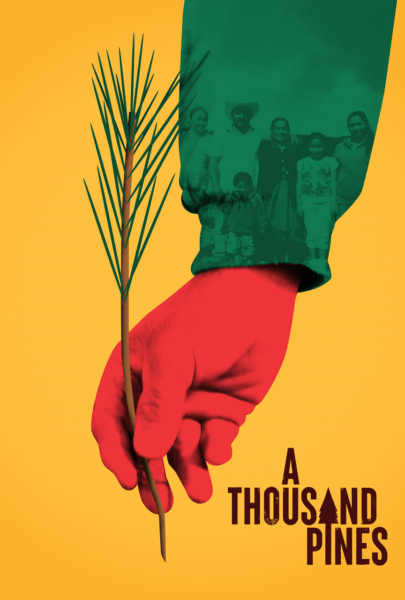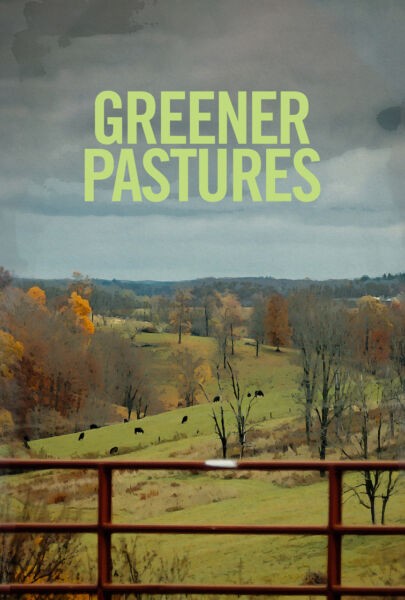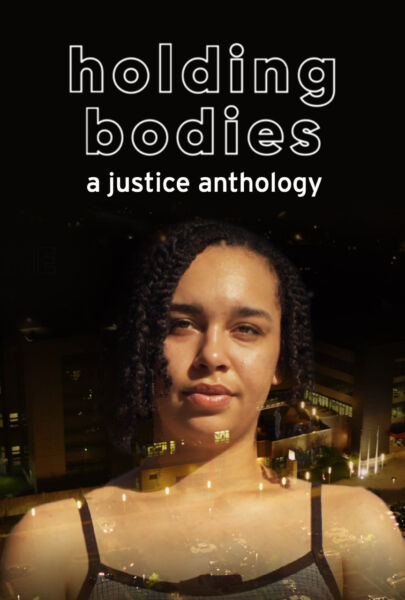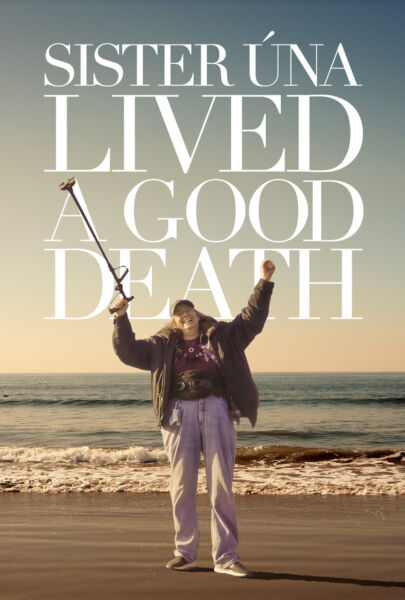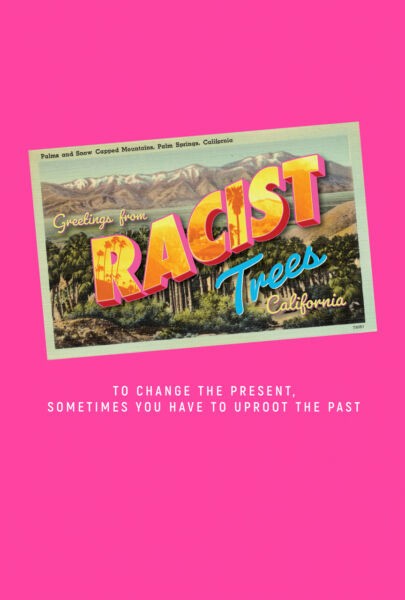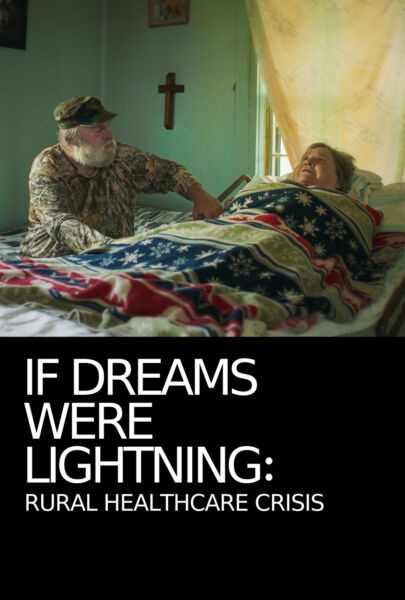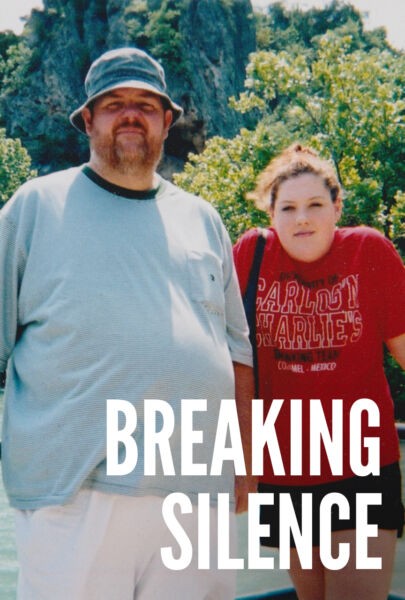We caught up with Jessica Oreck, the director of Beetle Queen Conquers Tokyo, to talk about her maiden voyage into documentary filmmaking. For a young woman who spent a lifetime fascinated with bugs and movies, Oreck’s film seems almost like the fulfillment of personal destiny, and an unexpected a chance to find the beauty in the ephemeral.
What impact do you hope Beetle Queen Conquers Tokyo will have?
I’m obviously generalizing here, but I think that Americans have a pretty limited relationship to nature, or none at all. Working in the butterfly vivarium at the American Museum of Natural History, I hear more kids asking if a butterfly is ‘broken’ than asking if it is ‘dead,’ and I think that’s a real indication that there’s a rather potent problem in the human-nature interaction.
It seems that a lot of the environmental messages our society is pumping out are getting lost, either because we are preaching to the choir or because the scare tactics are working too well – and people come away feeling disheartened instead of inspired.
I think our first and most basic step is just getting people to look at nature – not just glance at a picture or watch some aerial view of a world they have no connection to – but encourage them to pick up a leaf or a bug in their own city and really take the time to look at it, to understand it, to realize its place in the extraordinarily complex system that makes up our environment. From there we might be able to make a change.
What led you to make this film?
I have loved insects since I was a little girl, so when I stumbled onto the Japanese enthusiasm for the same ostracized order, it was like it was my calling, to say the least. I had studied filmmaking, biology, and ecology at university; I knew I wanted to make films about ethnobiology, so this was the perfect film with which to start. If watching Beetle Queen can shift the perspective of even one viewer, that is the most I can ask for.
What were some of the challenges you faced in making the film, and how did you gain the trust of your subjects?
The language barrier was our biggest problem, but at the same time, I think that knowing that we couldn’t understand them also helped our subjects relax. For the most part, people were very enthusiastic about being in the movie. Getting people to talk about something they love isn’t very difficult.
What would you have liked to include in your film that didn’t make the cut?
About another three hours of interesting ideas and incredible footage …
Tell us about a scene in the film that especially moved or resonated with you.
What I think about most often from the film is tied to the concept of mono no aware. Essentially, mono no aware is the appreciation of beauty that is transient. For instance, to the Japanese, cherry blossoms are the most beautiful when they are falling. But mono no aware has implications outside of this definition. It isn’t necessarily limited to beauty – it is also about focusing on each moment as it passes. In the film, Dr. Yoro says it more succinctly: “You cannot keep yourself. You cannot find yesterday’s yourself, or yourself from 10 years ago.” Granted, “appreciate the moment” is perhaps the most worn-out phrase of all time, but I actually think making Beetle Queen has helped me do that (at least more often than I used to).
What has the audience response been so far? Have the people featured in the film seen it, and if so, what did they think?
The audience reaction has been quite diverse. Plenty of people have been surprised by the loss of their fear, or by new-found knowledge, or by a novel appreciation of beauty in unanticipated facets of their life. But my favorite story is of a World War II veteran who approached me after a screening of Beetle Queen. He said something to the effect of, “For 50 years I have thought of the Japanese as my enemy. And in the past hour and a half, you have changed that.”
The independent film business is a difficult one. What keeps you motivated?
Sometimes I feel a bit desperate that I have chosen a career path of everlasting debt, but it doesn’t really feel like a choice to me. Writing that just now, I realize it may sound a bit hackneyed, but it’s true!
Why did you choose to present your film on public television?
There is no more noble way of getting the film to the public than through public TV!
What didn’t you get done when you were making your film?
There were a million things I didn’t get done – one of which was showering daily.
What are your three favorite films?
Tokyo Olympiad, anything by Jean Painleve, and right at this moment, anything by Peter Hutton.
What advice do you have for aspiring filmmakers?
Don’t go to film school – study film criticism instead. You’ll learn a lot more about filmmaking and spend a lot less money.
What do you think is the most inspirational food for making independent film?
The only food that should exist, period, is ice cream.

